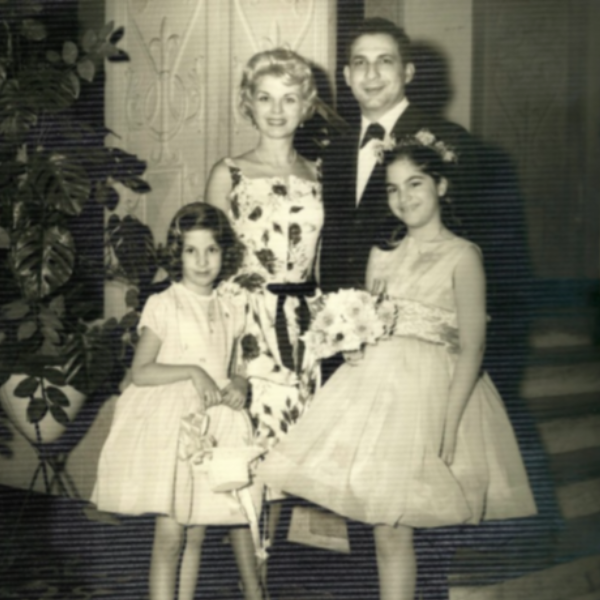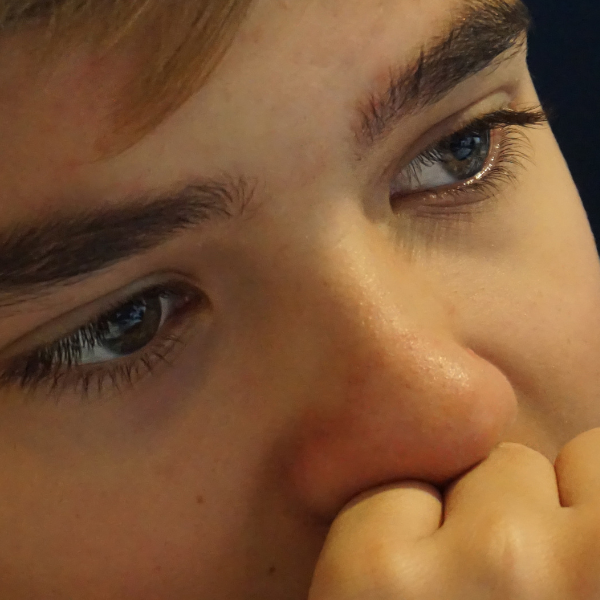With the birth of my daughter came the mom’s group—a place where first-time mothers can go in sweatpants, baby in tow, and not feel guilty about it. Normally, this wouldn’t have been my jam, but I needed some kind of solidarity and there it was.
This world of mom was new, but so was being around so many women with such strong opinions. Before Momdom, the extent of my interaction with actual humans came from male-dominated molecular medical laboratories. And because of my years in vaccine research, the brunt of a major mom group issue fell into my lap: to vaccinate or not to vaccinate.
At the time, I could explain why you didn’t need to worry about thimerosal in your children’s vaccines, but I had only rarely interacted with this enormous debate going on in the real world. My mom friends, as well as all parents, needed good information. That’s when my blog, The Vaccine Mom, was born.
Graduate school taught me to understand the language of scientific journal articles, so I put that knowledge to use as The Vaccine Mom—a place with simple, researched answers to difficult questions about vaccines. I intended The Vaccine Mom to just be about the science, but it became so much more than that.
I learned through talking to parents who were once anti-vaccine that this issue isn’t just about “facts”; it’s also about protecting your child. I think there are three big players in a parent’ decision to side with the anti-vaccine movement: emotion, fear, and, of course, just plain old bad information.
We’ve all been pulled into emotional stories on the internet. Some of these heart-wrenching “vaccine injury” stories leave you feeling like, “I don’t want that to happen to my child.” I’ve read these stories, and I’ll be the first to admit: it’s scary. But that’s the point. The truth is that vaccine injury is rare, and these stories are often seem written to scare you out of vaccinating your child.
But now you’ve been reeled in and you’re involved.
Because there’s this unknown potential for danger to your child, you become afraid that this is going to happen in your family This fear causes you to want to know more. And instead of talking to your child’s pediatrician about your concerns, you resort to the notorious internet search where you research those frightening “facts” from the story. And down the rabbit hole you go.
It goes without saying that the internet can be an incredible resource for many things. However, it can also be a huge tangle of misinformation. The information is triggering and believable, and thus can solidify a parent’s stance on vaccines.
So I get it. But here’s the deal—from my perspective as a scientist: not vaccinating your child is more dangerous to him and to your community than the very rare chance that he could have a reaction to a vaccine. An unvaccinated child is a sitting duck because these vaccine-preventable diseases have not been wiped off this planet. The reason you haven’t seen many in your lifetime is because of the progress of science and technology—the creation of vaccines.
Not only is your unvaccinated child vulnerable, but so are your friends or other children too weak, too sick, or too young to be vaccinated. Your healthy child’s immune system can handle just about anything, including multiple shots at one doctor visit, but some immune systems cannot. When the whole community is vaccinated, they create a protective herd around those particularly vulnerable people, saving fragile human lives.
 And that brings me to the most important part: vaccines save lives. You can choose to look at vaccines as the enemy or you can choose to view them as a life-saving gift you can give to the ones you’d give anything for.
And that brings me to the most important part: vaccines save lives. You can choose to look at vaccines as the enemy or you can choose to view them as a life-saving gift you can give to the ones you’d give anything for.
Vaccine-preventable diseases are scary. Vaccinating your children doesn’t have to be. For the answers to many of your questions head on over to The Vaccine Mom, and visit me on Facebook, where you can be a part of the conversation. Cheers to keeping an open mind and an open dialogue!
Taryn Chapman is a mother, and immunologist, and the author of The Vaccine Mom.



